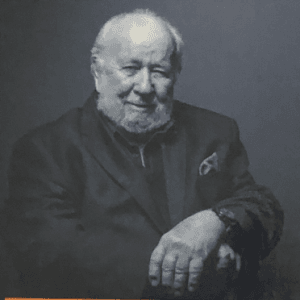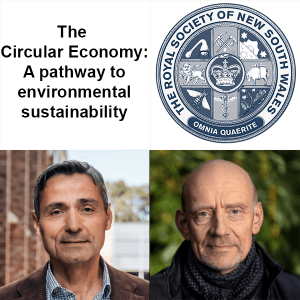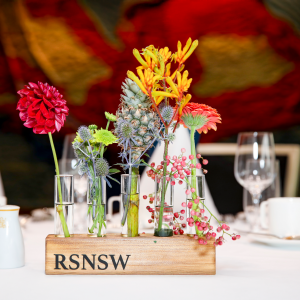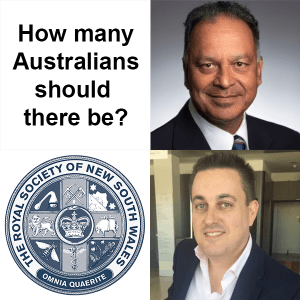 “Cereal killers: how plant diseases affect food security”
“Cereal killers: how plant diseases affect food security”
Professor Robert Park
School of Life and Environmental Sciences
University of Sydney
Date: Wednesday, 14 August 2019, 5.30 for 6–7 pm
Venue: Level 5 Function Room, Building F23, University of Sydney (new building on left entering from City Road).
Summary
Cereal plants are incredibly important – they are grown in greater quantities and provide more food energy worldwide than any other crop. We’ve been domesticating cereal plants for around 8000 years and our efforts to develop better yielding and disease resistant crops has had the negative effect of guiding the evolution of crop pathogens. We’ve inadvertently made new pathogen strains emerge that have at times caused crop failure and famine.
Find out how problems of inadequate food supply, the world’s increasing population and the emergence of new crop diseases are presenting significant challenges in ensuring adequate supplies of safe and nutritious food for all.
Professor Robert Park will reveal how plant diseases affect our very existence and the work his team does in developing new genetic approaches for sustainable and environmentally friendly crop disease control.
2018 Poggendorff Lecturer – Professor Robert Park
The 2018 Poggendorff Lectureship was awarded to Professor Robert F. Park, from the University of Sydney, by the Royal Society of NSW. A plant pathologist, Professor Park holds the Judith and David Coffey Chair in Sustainable Agriculture at the University of Sydney’s School of Life and Environmental Sciences. He is Director of the Australian Cereal Rust Control Program, which conducts research on the genetics and pathology of rust diseases of cereals. This program has a huge impact on agricultural production globally; in Australia alone, it conservatively returns some $600 million to the economy each year.
Poggendorff Lectureship
The Poggendorff Lectureship is awarded periodically by the Royal Society of NSW for research in plant biology and more broadly agriculture. Walter Poggendorff was recognised as one of the major figures in establishing the Australian rice industry, developing high-yield crops for Australian conditions and maintaining controls on imports to limit the introduction of serious diseases. When he died in 1981, he made a bequest to the Royal Society of NSW to fund a lecture award series.






